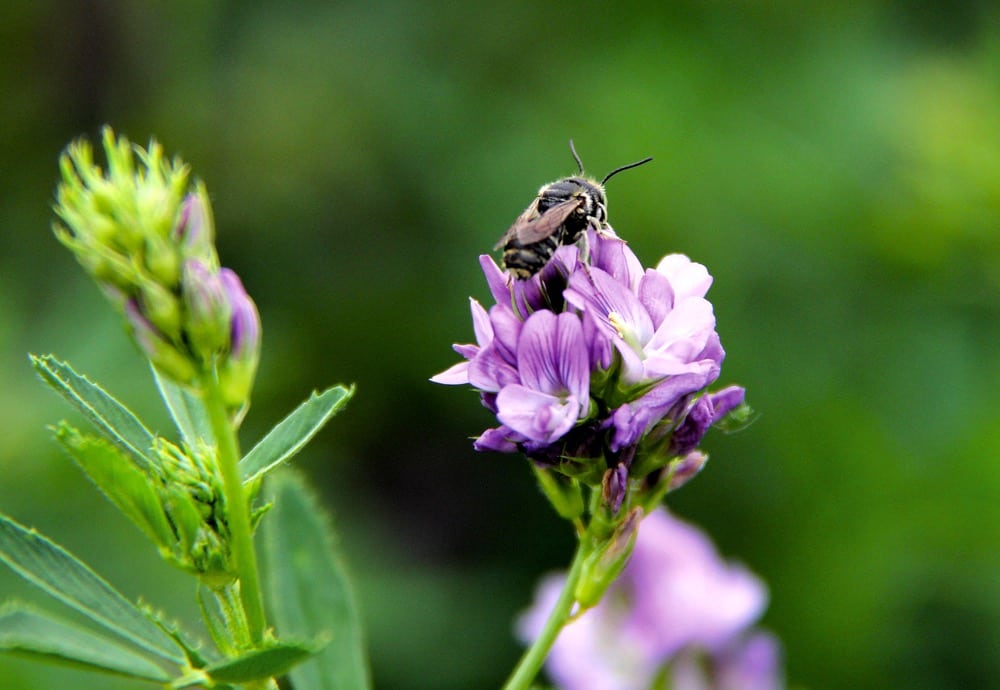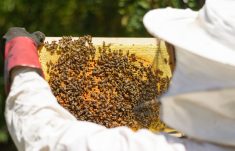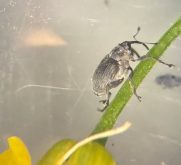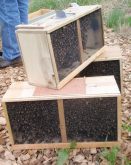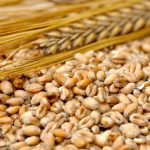Jason Gibbs of the University of Manitoba wants to know more about how pollinator strips impact the field, and he’s hoping local producers will help him.
The professor of entomology has put the call out for producers willing to volunteer about one acre for pollinator habitat. Gibbs plans to plant a strip of flowering plants along a quarter section and then measure the impact of those strips on pollinator numbers, beneficials such as predatory insects, pest populations, weed prevalence and yield.
“Really, we’re trying to diversify farms in a way that’s going to benefit insects that are providing ecosystem services,” he said.
Read Also
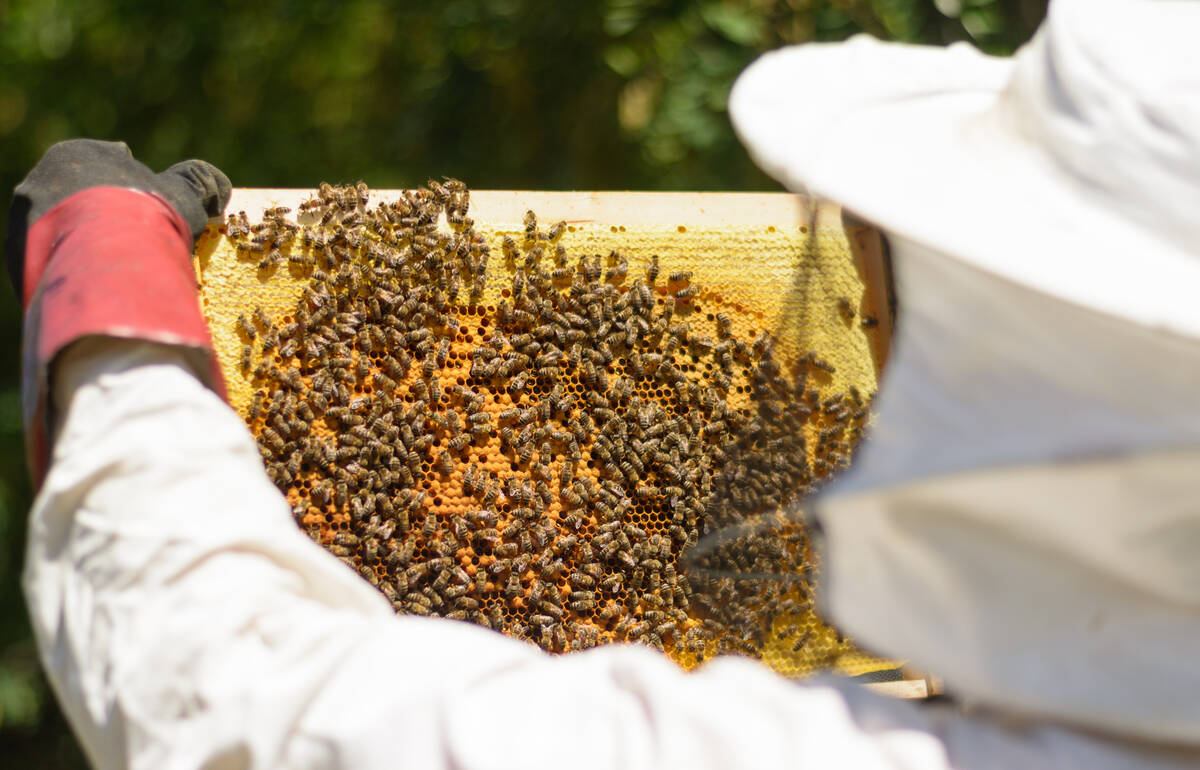
Malta bee exporter blasts criticism from Canadian beekeepers
A honeybee exporting firm on the Mediterranean island of Malta says they’re collateral damage to a dust-up in the Canadian honey sector over imports of replacement bees.
Gibbs has suggested two seed mixes, one made up of annual plants and another consisting of perennials. The researcher has targeted the annual mix for those interested in a cover crop for more flexibility, while producers can also opt for multi-year species.
Gibbs says he is also open to producers who are already participants in programs like Syngenta’s Operation Pollinator or the joint program between Cheerios and the Xerces Society, both corporate programs promising pollinator seed mixes to producers. He added, however, that his seed mix would focus more on native plants.
“We’re looking for maybe a couple dozen fields to work on, and not all of them need to have space to put in these sorts of habitats,” he said.
The study will also be looking for control fields to compare fields with pollinator strips to land that does not.
Fields should be within a few hours’ drive of Winnipeg, where Gibbs is based.
The study is open to both conventional and organic growers, although Gibbs says he wants at least some organic growers to participate. Participants will determine what additional comparisons the study can make, he added. If only organic producers volunteer, comparisons may focus on differences between organic management strategies. If participants are split evenly between organic and conventional, that comparison might also be added to the mix.
About half a dozen producers have expressed interest thus far.
The study is funded by the Organic Science Cluster, a project out of Dalhousie University’s Organic Agriculture Centre of Canada, and will span the next four years.
Producers can contact Gibbs at 204-474-7485 or [email protected] if interested.


